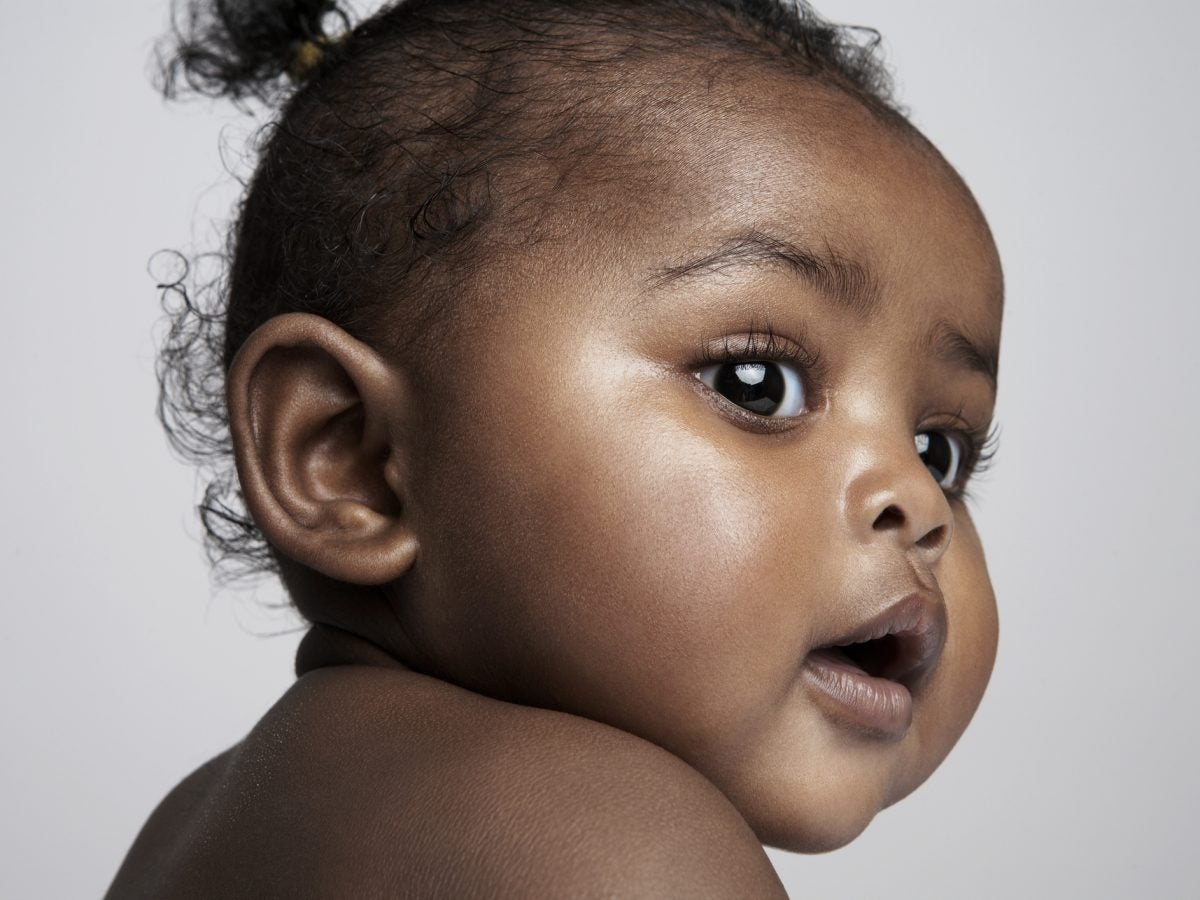
In 2018, Serena Williams preached to a choir of countless Black mothers when she opened up about her life-threatening childbirth experience. The pain of the multi-millionaire, tennis prototype familiarly resonating with Black women of all social and economic backgrounds was rare. Williams’s experience has become an oft cited talking point in the years since, creating a relevant point of connection in the discussion of Black maternal health disparities and the commemoration of Black Maternal Health Week.
However, for Black Maternal Health Week in 2022, there is another perspective deserving consideration: childless Black women whose fear surrounding shocking Black maternal health disparities has informed their reproductive health and family planning decisions.
Before we resume ignoring the plight of Black women altogether for the other 51 weeks of the year (unless you count our fragmented appreciation in Black and Women’s History Months), let’s consider the impact these statistics are having on the everyday lives of Black women who’ve yet to bear children.
As a Black person who can become pregnant in what many consider my “child-bearing years,” I toggle between two options for my life: one with children and one without. A life with children, what many idealize as the norm, could come at a high cost: my life.
As I date and decipher my compatibility with each prospective partner, conversations about plans for the future usually begin after a few dates. These conversations typically include whether we desire marriage, where we would live, our career goals, and, of course, how many children we want. It’s never if we want children. It’s always how many (because the thought of being a woman who does not desire children in 2022 is simply asinine, right?).
While there are financial reasons that I hesitate to see a future with children (Black women last year made only 63 cents for every dollar a white man made and white men held highly coveted corporate leadership positions at 9.2 times the rate of Black women), it’s the alarming health disparities that inform my decision – my fear – the most.
What does that mean?
Coupled with the fact that any potential child of mine would be at an economic disadvantage from the onset of their existence because of their skin color alone, I must contend with statistics that tell me I am three times more likely to die during pregnancy or childbirth than white women. Because of the color of my skin, there exists a barrage of biases that contribute to the likelihood of me either dying and never being able to raise this figment-of-my-imagination child or my health being at grave risk throughout and after my pregnancy.
Did you know there was a life-threatening pregnancy-related heart disease called peripartum cardiomyopathy (PPCM) that can send women into heart failure even months after they give birth? Black women are twice as likely to be diagnosed and take twice as long to recover from PPCM according to a 2017 report published by Penn Medicine researchers in the Journal of the American Medical Association (JAMA).
In a December 2021 JAMA publication, researchers at Johns Hopkins Medicine published findings of a study that concluded Black women had the highest age-adjusted prevalence of preeclampsia – a serious form of high blood pressure diagnosed during pregnancy that can have fatal outcomes for mother and baby.
The disparities compound as marginalized identities further intersect: being Black, pregnant, AND trans, queer, differently abled, fat, or having preexisting medical conditions. These are the things that lead me into a traumatic trance and cause me to space out when someone asks me about having children.
I think about the people in my life who have experienced these things. My sister, a lupus survivor who spent 26 hours in labor and her firstborn ended up in the NICU for days after delivery. My first cousin, who at 27 went into heart failure after the birth of her second child and died after learning she had PPCM. Another first cousin, who similarly was diagnosed with PPCM after the birth of her second child but – because of the unfortunate precautionary tale of her sister – caught her symptoms early and is now a survivor and advocate.
As a Black person who can become pregnant in what many consider my “child-bearing years,” I do not have the luxury of overlooking these disparities when making reproductive health and family planning decisions. For me and many like me, the gamut of our decision-making is not dichotomous – to have a baby or not have a baby.
It’s deciding how long we stay on birth control, keeping emergency contraception on hand, planning to seek abortion care if needed, and so much more. It’s possibly having a baby and trying your damnedest to seek the best and most expensive care (if you can afford it) while having Serena Williams in the back of your mind. It’s knowing that the battle for your health – for your life – does not end with pregnancy and childbirth.
As a Black person who can become pregnant in what many consider my “child-bearing years,” it is imperative that – if I decide to have children – I take all necessary precautions to combat these fears by having conversations with my healthcare provider now. It means assessing genetic predispositions and being pre-screened when feasible. It means rectifying anything about my lifestyle that could negatively impact the health of a pregnancy.
Those are the things on my mind not only during Black Maternal Health Week but every day when I think about a life with children and a life without them.
Kwentoria A. Williams (she/her/hers) is the Senior Communications Director for URGE: Unite for Reproductive and Gender Equity. She’s a proud sissy, auntie, God mommy, big cousin, and mentor to a lot of cool kids.